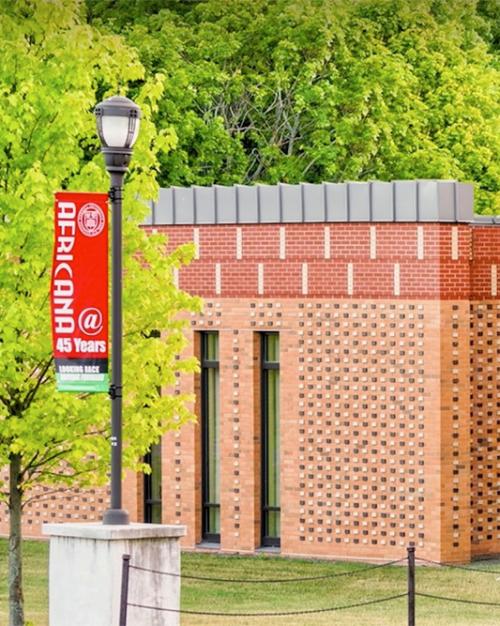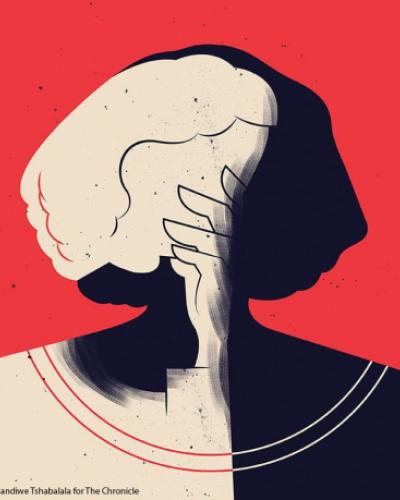‘The Ways
of White Folks’
As I prepared to teach class the day after news of the admissions-bribery scandal broke, I reflected on my students. I knew that many had benefited from a system, based on race and wealth, that prepared them to sit in my classroom. And, surely, race and lack of wealth had kept others out. My thoughts wandered back more than two decades to my now 27-year-old son’s elementary school in overwhelmingly white, upper-middle-class Princeton, N.J. For most parents of kids at that school, parenting was a competitive sport, and the gold medal was admission to an elite college.
Through the elementary school, I gained an education in what Langston Hughes called “the ways of white folks.” These parents seemed to know so much about how to ensure that their already advantaged children got into the “best” school, classroom, and academic track. Their methods were not criminal but did border on immoral.
There was the time one father, an architect, had his staff build an operational model of a house with working lights for a third-grade project on dioramas. The other children used shoe boxes, clay, and plastic figures. The children were also supposed to have written a presentation explaining their work. When it came time for the father/son duo to explain the intricate architectural model, the child just looked expectantly at his father. Dad obliged and then pushed his son forward to accept the polite applause. We all maintained the fiction that this child had accomplished something as we congratulated him on “all his hard work.”
At the end of the fifth grade, some parents of children with test scores not high enough to guarantee placement on the middle school’s “honors track” took drastic action. They hired lawyers and psychologists, and let administrators at the elementary school, middle school, and school board know that should their child’s placement not be to their liking, they were prepared to file formal complaints, provide evidence of special-needs accommodations, and, if necessary, file lawsuits to ensure their child’s place on the honors track. After all, an elite-college education was at stake.
All of this is to say that the actions of parents in the Operation Varsity Blues cabal are in some ways merely an illegal extension of the legal and often unremarked-upon ways that high-income white parents regularly tip the scales in favor of their children.
A former president of my university, Hunter Rawlings III, once wrote, “Genuine education is not a commodity, it is the awakening of a human being.” Though it was a noble sentiment, he could not have been thinking about K-12 education in wealthy, overwhelmingly white school districts. If he had, he would have understood that for some parents, education is, in fact, a highly prized commodity. It has worth because it might enable entry to an elite college. Those parents aim to attain it by means that are legal, but are neither just, fair, nor right.
Noliwe M. Rooks is a professor of Africana studies and director of American studies at Cornell University.
Read the entire article in the The Chronicle Review.





